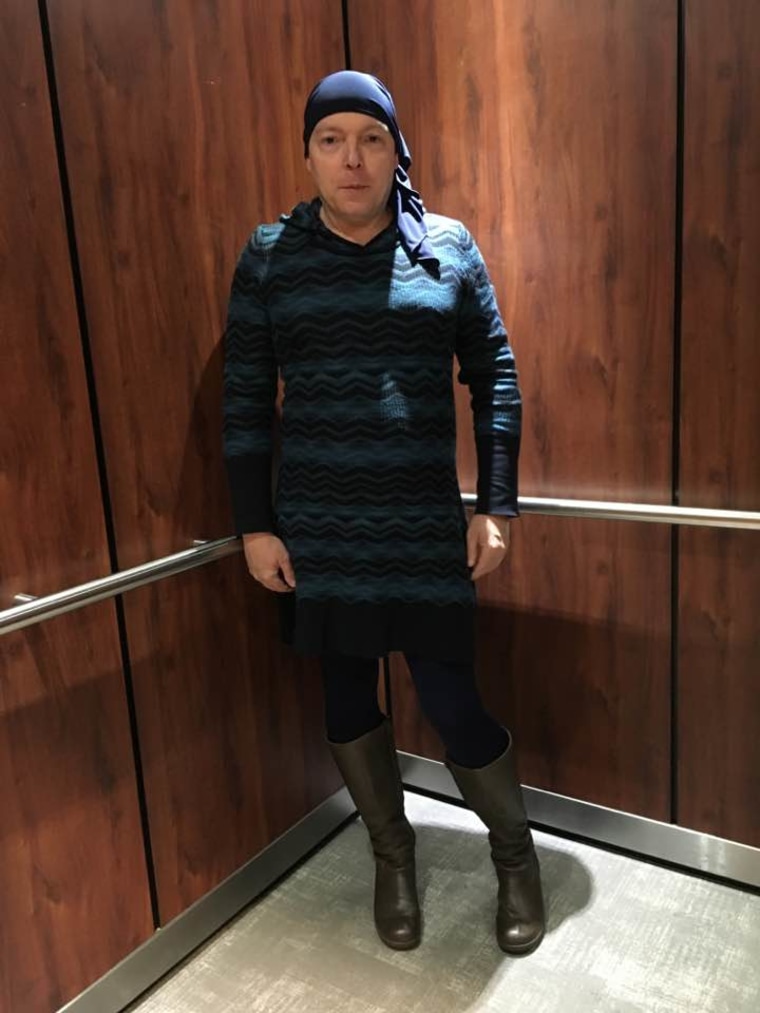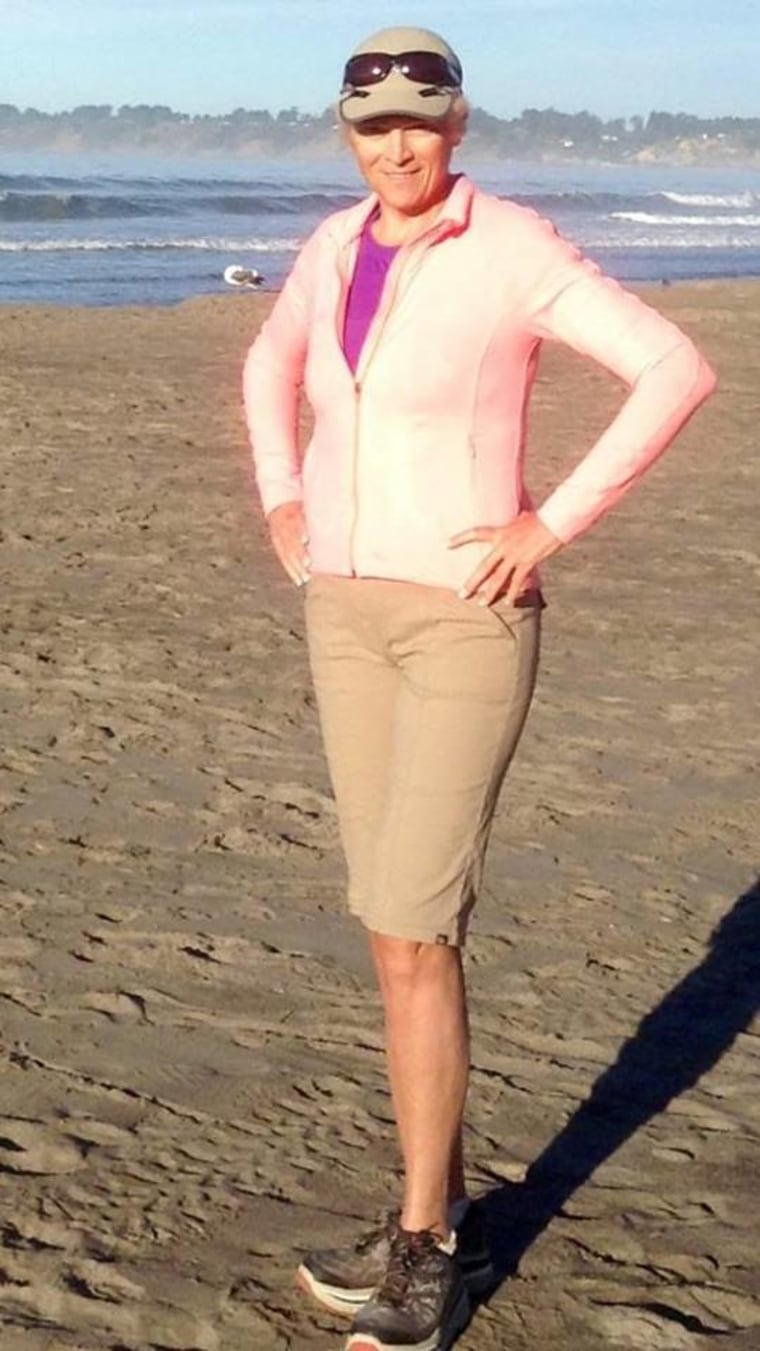History was quietly made in Oregon this month when a judge granted a Portlander's request to become genderless.
Patch, a 27-year-old video game designer, is likely the first legally agender person in the United States.
The Multnomah County Court granted Patch a "General Judgment of Name and Sex Change" on March 10. In the same judgment, Patch was also allowed to change names, becoming mononymous — meaning only having one name instead of a given name and a surname.
"Even gender-neutral pronouns don't feel as if they fit me. I feel no identity or closeness with any pronouns I've come across ... What describes me is my name."
Agender is defined as the absence of gender. Not to be confused with transgender or genderqueer, agender people typically describe feeling that they have no gender identity whatsoever. While sex refers to biological features such as chromosomes, genitalia and hormones, gender is the expression of identity as male, female or somewhere in between. But agender people are not drawn to male or female identity — or any point along the spectrum.
"As a kid, probably starting around age 6, gender didn’t make sense to me," Patch told NBC News. "I was told 'men were this, women were this.' As a teen I learned about transgender people, and that didn’t seem like what I was. And then I learned about genderqueer, and that didn’t seem like what I was."
A handful of organizations serving transgender, gender-nonconforming and intersex people told NBC News that no U.S. court has ever granted a legally genderless status before.
"This is the first time that Sylvia Rivera Law Project has heard about this, and we applaud the court recognizing the person as they are," attorney Kyle Rapiñan said. "We hope that other government agencies will help people self-determine their gender identity, which also includes the option to identify without a gender."
The judge who signed off on Patch's agender petition is ahead of the curve: She also presided over the nation's first non-binary gender change last year.

In a June 2016 decision, Multnomah County Circuit Court Judge Amy Holmes Hehn granted Portland resident Jamie Shupe a legal change from female to non-binary — casually setting off a nationwide third-gender movement that sent dozens of residents in other states into courthouses seeking genders other than male or female.
In her first media statement about the precedent-setting cases, Judge Holmes Hehn told NBC News that the law supports Shupe and Patch.
"I made these decisions, like all decisions, because they were supported by facts and law, and out of respect for the dignity of the people who came before me," Holmes Hehn said in an email to NBC News.
Patch's self-applied definition of agender is firm: "without gender." However, agender and gender-neutral identities can mean different things to different people.
The website Neutrois.com, a resource guide published by and for the agender and gender-neutral community, states that agender doesn't always necessarily mean a complete lack of gender.
"Some neutrois do feel completely genderless," reads an explanation on Neutrois.com. "That is, they have no gender, an absence of gender, or are null gendered. Others have an internal gender that is neither male, nor female, just neutral. Agender is a term used interchangeably for both."
As the concept of gender — or lack thereof — continues to expand, some LGBTQ groups have worked to fold agender, non-binary and similar identities into their advocacy issues. In July 2016, shortly after news broke of Jamie Shupe's historic case, the National Center for Transgender Equality added an explainer on non-binary people, including respectful terms and pronouns, to its website.
Related: Nation's First Known Intersex Birth Certificate Issued in NYC
Other groups, like the Intersex and Genderqueer Recognition Project (IGRP) in California, were formed to fight for more options for people who do not fit traditional definitions of male or female. Out of the dozen or so people who have legally changed their genders to non-binary over the past year, about two-thirds are clients of IGRP.
In Patch's case, having no gender has its unique challenges that differ from the non-binary movement. Patch doesn't use pronouns — not they, she or him — and so writing about the first known legally genderless American takes some creative sentence structuring.
"Even gender-neutral pronouns don't feel as if they fit me. I feel no identity or closeness with any pronouns I've come across," Patch explained. "What describes me is my name."
Another challenge a legally genderless person presents is what to do with identity documents, like a driver's license or passport.
Jamie Shupe's case last May, the first in which a U.S. person was granted a legal gender that's neither male nor female, started a domino effect at Oregon's Department of Motor Vehicles among other agencies — which have since been working toward a third-gender designation on identity documents.

Countries including Australia, Canada and India have third gender options on varying documents from birth certificates to passports — typically marked with an "X" rather than "M" or "F." But the U.S. has never offered anything besides male and female until December, when California's Sara Kelly Keenan received the first known U.S. birth certificate reading "intersex" shortly after a judge granted her gender change from female to non-binary.
But while U.S. agencies are working to respond to the new revelation of court-issued gender changes that fall outside the binary by creating a third category, they are not prepared for the concept of eradicating gender altogether.
Patch would prefer that gender wasn't required, period, and suggested that official forms replace the typical M or F checkboxes with a blank space for an optional response.
"Having a blank field still allows other genders to exist," said Patch, who added that being agender doesn't mean other people's genders are invalid. "But you should let people opt-in to that. Forcing it is weird."
Related: Navy Veteran Pushes for Third Gender Option on Passports
There's at least one model for government agencies faced with accommodating the legally genderless: Facebook. The fill-in-the-blank method has worked for the social media giant since it introduced unlimited genders in February 2015, adding to a previous selection of 71 fixed gender descriptions that users could choose from.
In a statement at the time, Facebook's diversity office said it had worked with leading LGBTQ advocacy organizations to recognize that not everyone identifies with a pre-populated list of terms.
"We recognize that some people face challenges sharing their true gender identity with others, and this setting gives people the ability to express themselves in an authentic way," read a 2015 Facebook Diversity post.
It bothers Patch that information as intimate as one's gender identity is part of every form people have to fill out, but Patch also understands that conceptual shifts take time.
"I think it’s creepy that society wants to track such personal information about everybody," Patch said. "Why does it matter? But we do exist in that system, and since we do, we can’t just scrap it all."
